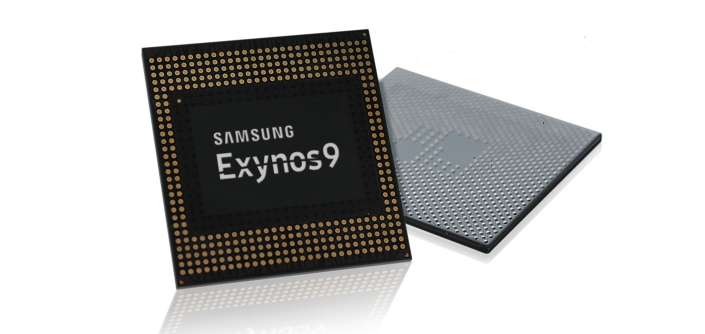
A report from Reuters says Samsung Electronics plans to "triple the market share" of its foundry business over the next five years. Samsung plans to "aggressively add new clients," with E.S. Jung, head of the Samsung foundry division, telling Reuters, "We want to become a strong No. 2 player in the market" behind TSMC.
In May, Samsung officially created a new business unit for its growing foundry operations. The business unit will fight TSMC and Intel for orders from Apple, Qualcomm, and other SoC vendors.
Despite the recent creation of the business unit, Samsung has been doing foundry work since 2005 and is a major player in the high-end SoC space. It exclusively manufactures the Qualcomm Snapdragon 835, which goes into nearly every high-end Android phone. Samsung's foundry has also done business with Apple in the past, but for the A10 SoC, Apple went exclusively with TSMC.High-end mobile SoCs aren't the entire market, though, and the firm currently only has a 7.9 percent market share, which puts it behind TSMC (50.6 percent), Global Foundries (9.6 percent), and UMC (8.1 percent). Jung says Samsung's target is 25 percent of the market.
Samsung's chip unit—which also includes sales of finished products like memory chips—usually makes up two-thirds of Samsung Electronics' operating profit. Samsung's memory sales have been doing great, and the company is widely expected to pass Intel as the largest chipmaker by revenue soon. According to the report, Samsung's extensive memory production lines will help "keep production capacity flexible" and allow it to respond to market demand quickly.
Samsung was the first to mass-produce 10nm chips, and the company plans to launch its 8nm process later this year, with a move to 7nm next year.
reader comments
49